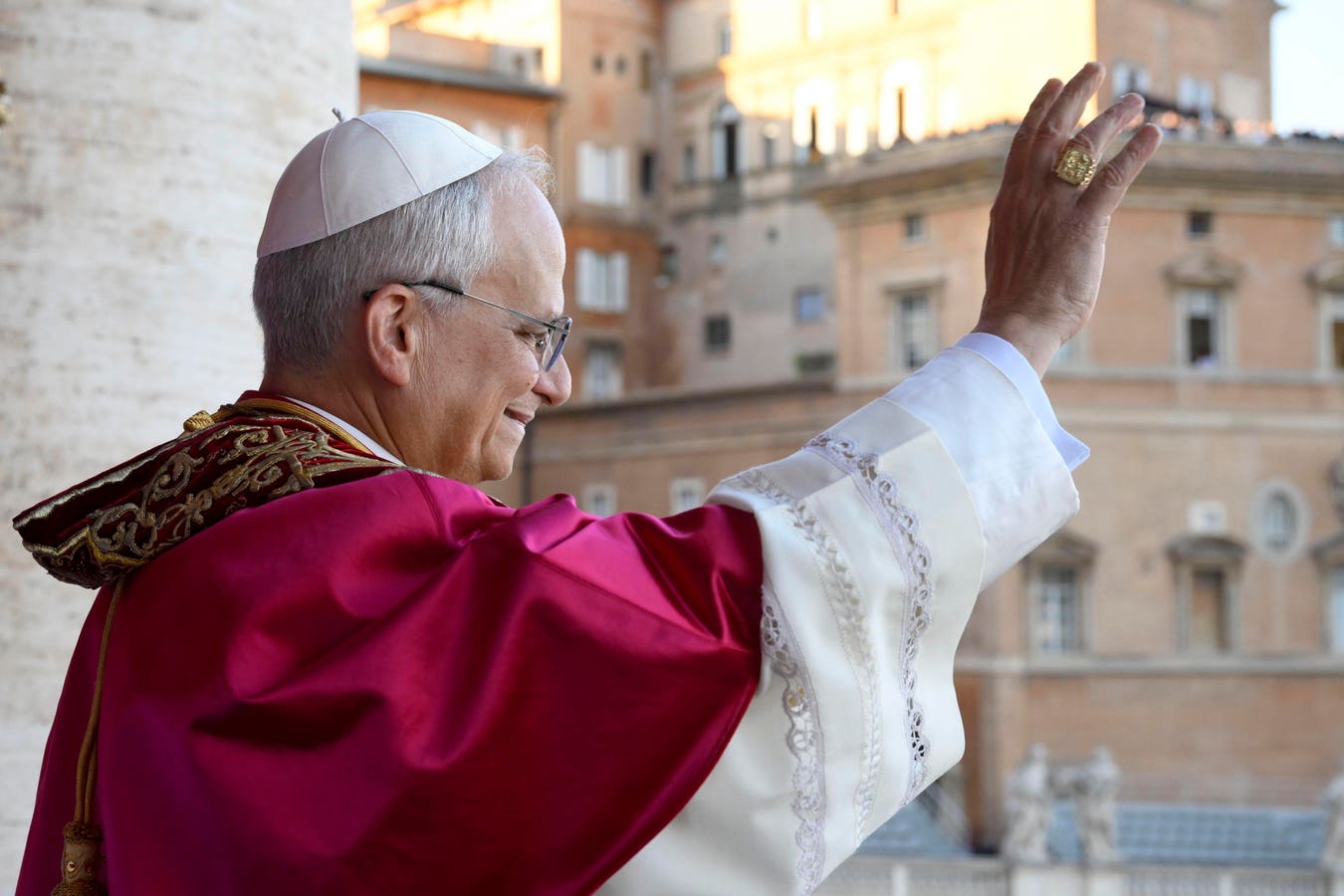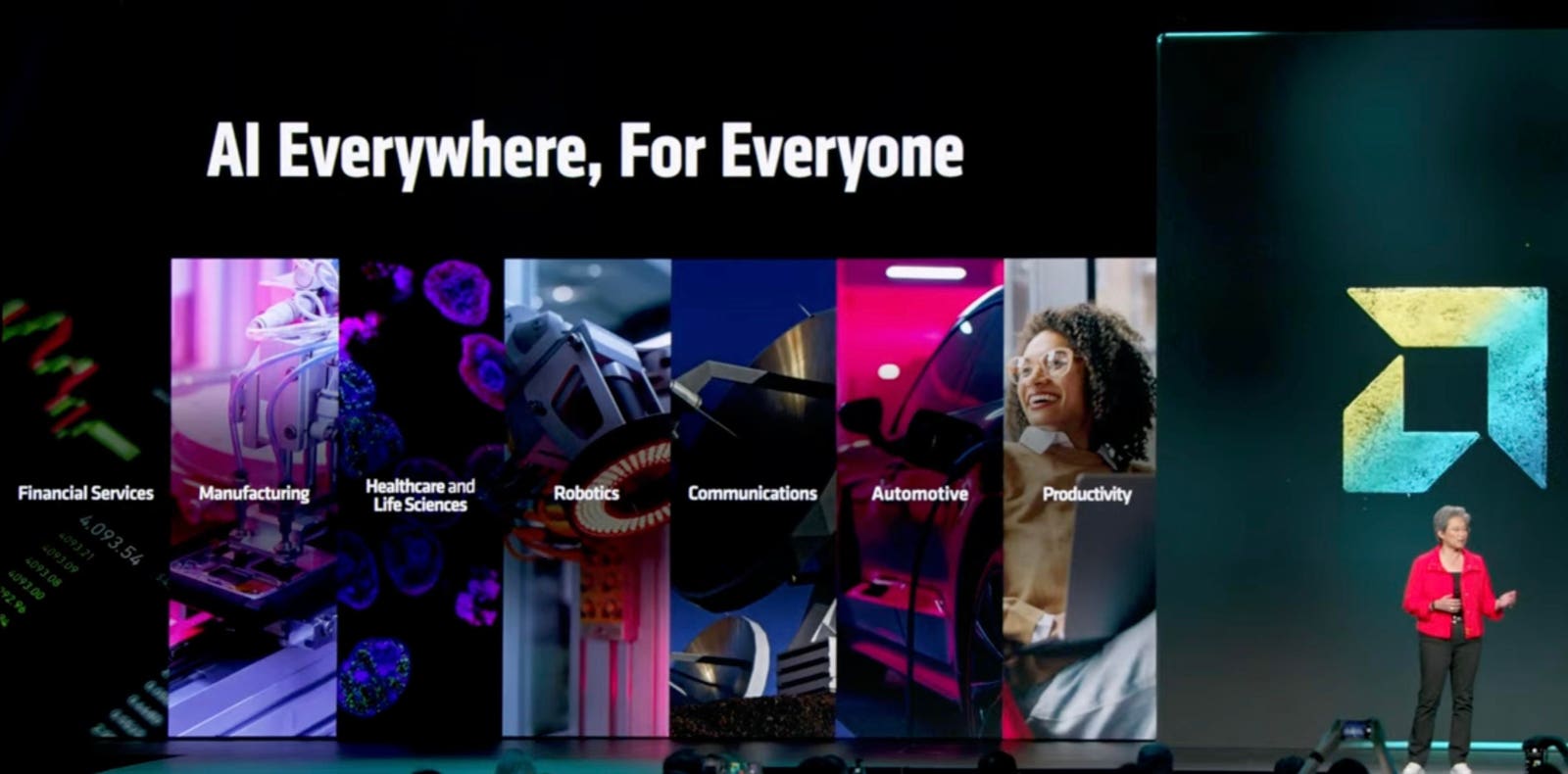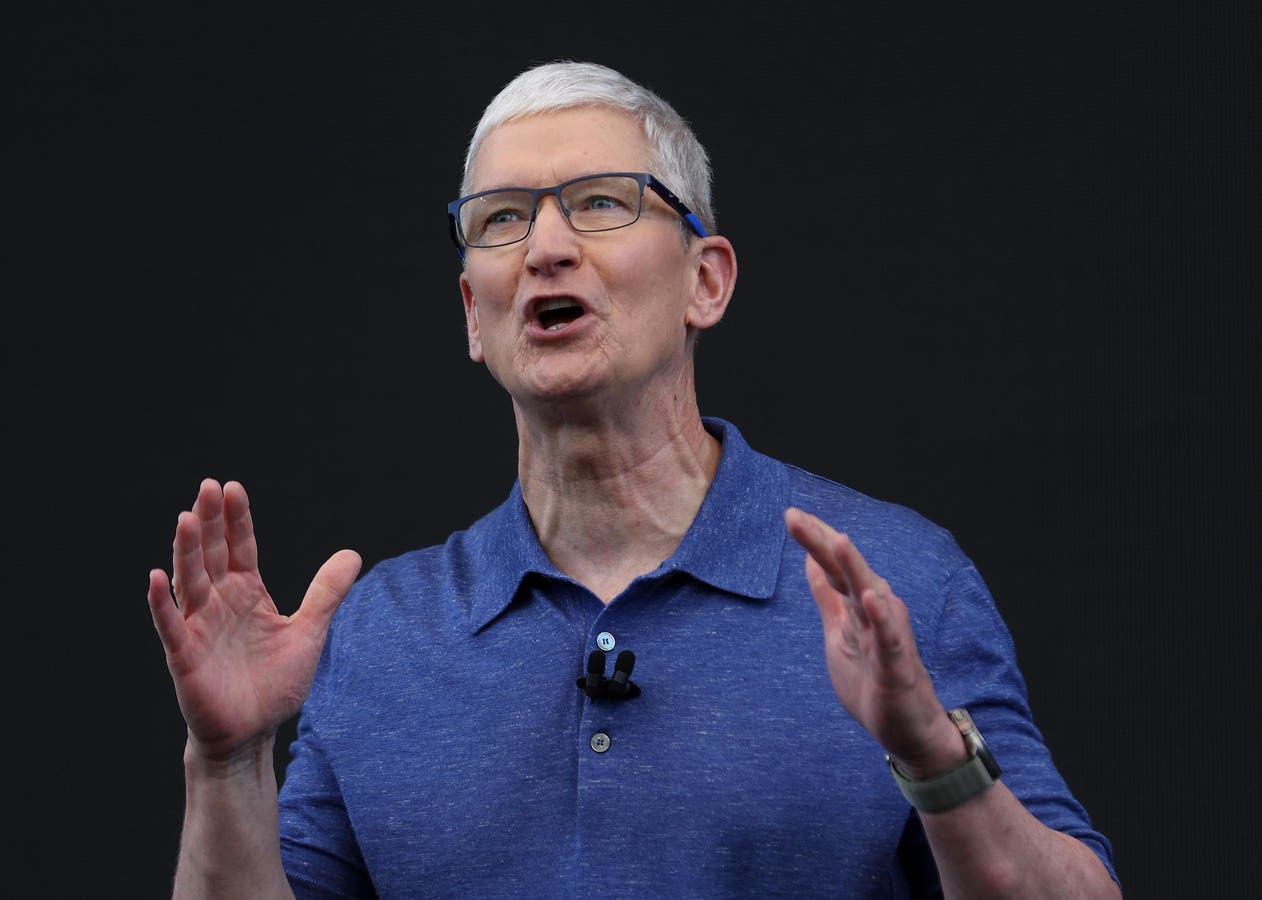Newly elected Pope Leo XIV, Robert Prevost addresses the crowd on the main central loggia balcony … More
On Thursday afternoon, the papal conclave elected a new pope. Chicago-born Cardinal Francis Prevost will now serve as the leader of the 1.4 billion-member Roman Catholic Church. The new pontiff, who was chosen on just the second day of the conclave and the first American to lead the church in its 2,000-year history, took the name Leo XIV.
The selection of Prevost was seen as a surprise by some, due to the United States’ status as a superpower, as well as some of his more liberal views.
As previously reported by Forbes, Vatican experts have suggested Leo XIV will have no shortage of issues to face within the Catholic Church, including inclusion of LGBTQ Catholics, women in church leadership, but he’ll also need to address global problems including wars, climate change and migration among others.
Social Media Is Very Divided And Very Vocal
Almost immediately after it was announced that Cardinal Robert Prevost was chosen to lead the church, social media reacted – and it was quickly clear that his greatest challenge may be in unifying the church faithful and beyond. However, Pope Leo XIV is also a digital native who understands the power of the online platforms, having used the former Twitter since at least 2011.
“Social media can be an important tool to communicate the Gospel message, reaching millions of people,” Prevost said in a 2023 interview with the Vatican News Service. “At the same time, the world today, which is constantly changing, presents situations where we really have to think several times before speaking or before writing a message on Twitter, in order to answer or even just to ask questions in a public form, in full view of everyone.”
Some of his views may fall on deaf ears, just as much as his call for unity in the world on Thursday. Opinions were already being shared on the social networks.
“The moment the smoke cleared from the Sistine Chapel, people started sharing their opinions of the new pope,” said Susan Campbell, distinguished lecturer in the Communication, Film and Media Studies Department at the University of New Haven.
Some of immediate response was humorous and positive, signaling that he should be given a chance, while others critical, a sign of the times where memes can quickly take on a life of their own.
“There’s a lot of creativity in the humor,” suggested Scott Talan, senior professorial lecturer of public communication at American University, who added that more serious commentary quickly took over.
“Nothing can happen without instant criticism and commentary, of course,” said Talan. “You would think of all positions, no matter what faith you might be, or even of no faith, that the message would simply be limited to ‘congratulations! Good luck!”
That certainly wasn’t the case. As cardinals don’t actively campaign, at least not publicly, we can only know where they stand on their issues by past actions. That makes it hard to know how they will serve the faithful in this highest of roles.
“You can make a guess at what kind of leader the man will be by looking at his past writings and speeches, but maybe we can give the gentleman a moment to get situated, and factor in that most popes grow in the position,” added Campbell. “We should also factor in that so many people commenting online have never met the man, are not familiar with Catholic theology, and could easily simply sit this one out.”
Yet, because Prevost had been critical of some of President Donald Trump and Vice President JD Vance, there was a quick condemnation of the pontiff, with Trump ally and online provocateur Lara Loomer writing on X, “WOKE MARXIST POPE.” That was followed by a subsequent wave of anti-pope commentary on X and other platforms throughout Thursday.
“People might pause and say, let’s see what he does,” said Talan. “The track record doesn’t mean the future. With the title of pope, he could change, and something to also keep in mind is that those who criticize his views are also criticizing the cardinals who voted for him. In a sense, that means the Catholic church.”
Don’t Read Too Much Into It
The other consideration is that any selection of a new pope would have been met with both strong support and just as much open hostility. This is partially because everyone may have an opinion but only 133 cardinals had a vote. In the case of public opinion it has always existed following the election of a new pontiff.
Social media just amplified it like never before.
“It’s hard to take comments, positive or negative, on social media at face value,” explained Dr. Cliff Lampe, professor of information and associate dean for academic affairs in the School of Information at the University of Michigan.
“In some cases they may be legitimate praise or condemnation, but just as often they could be people ‘virtue signaling’ where they are saying something extreme as a type of identity expression, or even trolling where they are posting something because they know it will make people they don’t like angry,” Lampe added. “The challenge is that, of course, people do have legitimate differences of opinion, including on who is selected as a leader, but the lack of context in social media often makes it difficult to know if someone is making an argument in good faith.”








